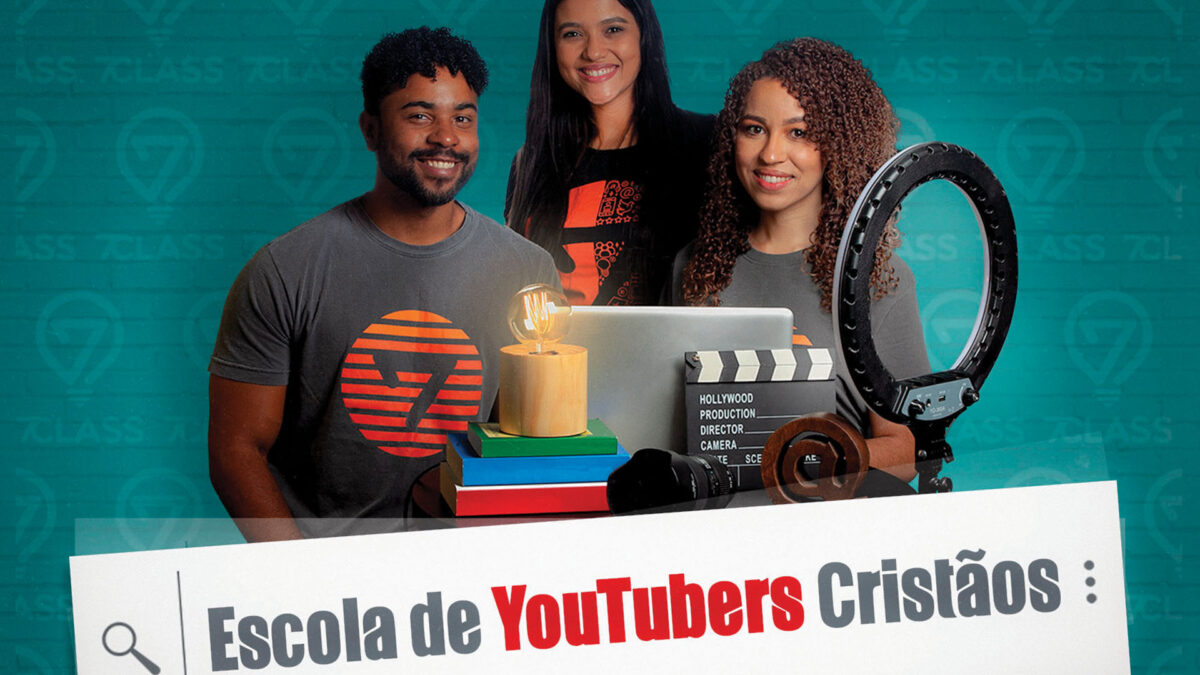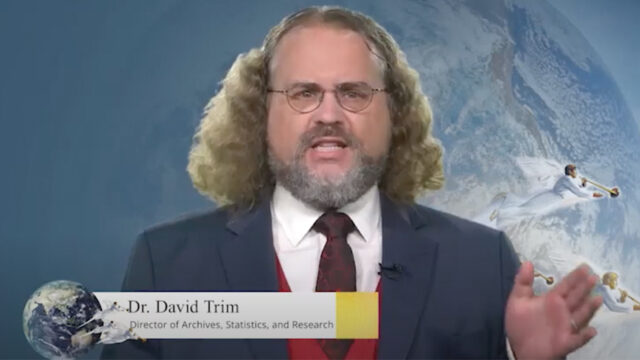Class teaches audio and recording techniques and content creation tips.

A new Seventh-day Adventist-sponsored school in Brazil is set to train a new generation of Adventist young people to become YouTube evangelists, leaders in the South American Division (SAD) said. Feliz7Class is a project born of a partnership between the Adventist Church and Brazil Adventist University (UNASP). The initiative seeks to teach audio and recording techniques and content creation tips to talented young people who want to use their skills to share the gospel with new audiences.
Church leaders said this is a timely project. “If you open YouTube now, you will easily come across content on a variety of subjects, including Christian topics,” they commented. According to research published by Cisco in 2019, the platform is now the second-most searched on the Internet. Also, according to the same source, 80 percent of the content found on the web is in video format.
The content is targeted especially at young audiences. “Many teenagers and young people who visit Feliz7Play [the SAD video streaming site] send messages expressing their desire to participate in the series, movies, and the mission to share Jesus through video content. 7Class is a response to these requests,” Carlos Magalhães, SAD digital strategy manager, said.
“God uses the most different tools for preaching the gospel,” former SAD communication director Rafael Rossi said. Rossi helped develop 7Class.
The goal is “to train and prepare a generation, which already knows a lot about technology and social networks, to serve as missionaries and positive influencers in the digital world,” Magalhães said.
For Rossi, the pandemic accelerated the migration process. “With the pandemic, we need to reinvent ourselves and migrate to digital. The youth are the ablest to use technology for the gospel. They are the ones who adapt easily to all transitions and a strategic use of communication,” he said.
Classes will be offered periodically, leaders said. Students will learn how to plan content for a YouTube channel, receive technical instruction on audio and video, and learn how to distribute and share their channel’s content. The plan is to offer 166 video lessons between Portuguese and Spanish, plus 13 extra classes.
The first lesson will be available for free on the Feliz7Play YouTube channel so everyone can get acquainted with some of the content. Those who register will have access to classes through Next, UNASP’s distance learning platform.
“Because of the internet, information has become more accessible. However, there is still a gap in access to knowledge,” Geyvison Ludugério, UNASP distance learning coordinator, said. “UNASP understands that the experience of the school added to information developments and Christian principles is what constitutes true knowledge.”
There are also local pastors and church leaders who will learn and improve their gifts for preaching through the internet. An additional Digital Ministry initiative will be launched in the coming months.
With content focused especially on leadership, the proposal is that church leaders learn to communicate better using new technologies, occupying spaces on social networks, and creating content for YouTube and other platforms.
For Rossi, this is a much-needed step. “It is essential that leaders are ready and get involved in this new and growing way of speaking about Jesus,” he said.








